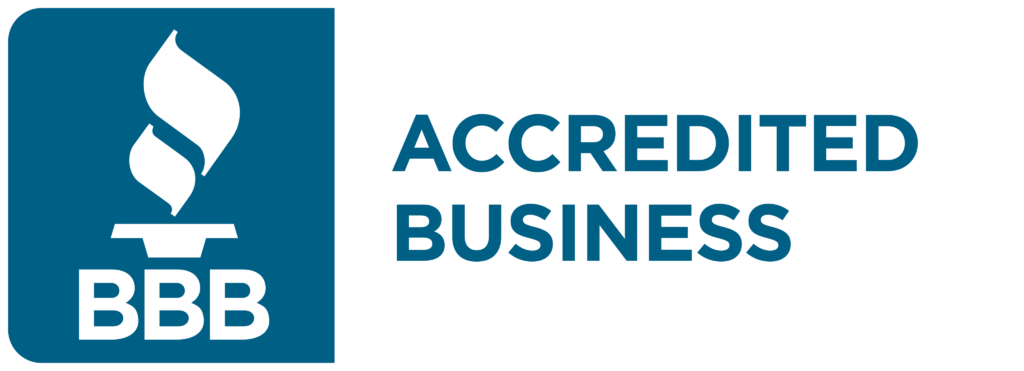
Personal Debt Management
Is the process of effectively managing and reducing the amount of debt you owe while maintaining control over your financial situation. Excessive debt can cause stress and financial strain, so developing a strategy to manage and eventually eliminate debt is crucial for achieving financial stability. Here are some key steps in personal debt management:
- Assess Your Debt: Start by compiling a comprehensive list of all your debts, including credit card balances, loans, mortgage, and any other outstanding balances. Note the total amount owed, interest rates, minimum monthly payments, and due dates for each debt.
- Create a Budget: As mentioned earlier, creating a budget is essential for managing debt. Evaluate your income and expenses to determine how much money you can allocate towards debt repayment each month while still covering your essential expenses and savings goals.
- Prioritize Your Debts: Not all debts are created equal. Prioritize your debts based on factors such as interest rates, terms, and consequences of non-payment. High-interest debts, such as credit card balances, should typically be paid off first to minimize interest costs.
- Negotiate with Creditors: If you’re struggling to make payments on certain debts, consider contacting your creditors to negotiate more favorable terms. They may be willing to lower your interest rates, reduce your monthly payments, or offer alternative repayment plans.
- Consider Debt Consolidation: Debt consolidation involves combining multiple debts into a single loan with a lower interest rate. This can make debt repayment more manageable by simplifying your payments and reducing overall interest costs.
- Increase Your Income: Look for opportunities to increase your income, such as taking on a part-time job, freelancing, or selling unused items. Using the additional income to pay down debt can accelerate your debt repayment progress.
- Cut Expenses: Review your budget to identify areas where you can cut back on expenses. Redirecting money saved from cutting non-essential expenses towards debt repayment can help you pay off your debts more quickly.
- Stay Committed: Debt repayment requires discipline and persistence. Stay committed to your debt management plan, even when progress feels slow. Celebrate milestones along the way to stay motivated and focused on your goal of becoming debt-free.
- Seek Professional Help if Needed: If you’re struggling to manage your debt on your own, consider seeking help from a reputable credit counseling agency or financial advisor. They can provide personalized advice and assistance in developing a debt management plan tailored to your specific situation.
By following these steps and staying focused on your goals, you can take control of your debt and work towards achieving financial freedom and peace of mind.

